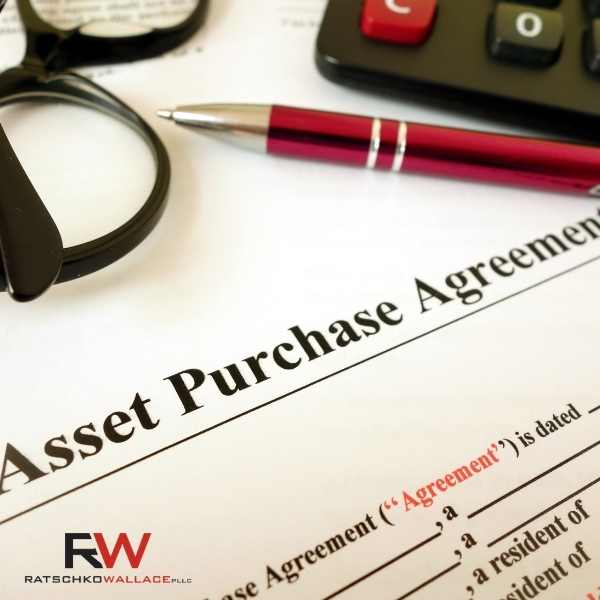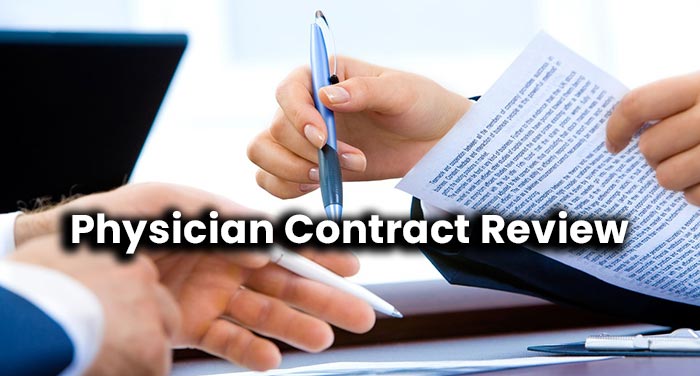Understanding Asset Purchase Agreement: What You Need to Know Before Buying or Selling a Business
Are you thinking about buying part of a business that’s already up and running? Or maybe you’re considering selling your own business but need to understand something called an “asset purchase agreement” better before you make a decision? This article is here to help you understand what an asset purchase agreement is, when you might need one, and how it’s different from other legal agreements you might encounter.
Understanding an Asset Purchase Agreement:
An asset purchase agreement is a formal document used when you want to buy an existing business or a big part of it. It lays out all the rules and details about how the sale of the business’s stuff, or assets, will happen.
This agreement lets the buyer choose exactly which things they want to buy and which responsibilities they want to take on. So, it’s important that the agreement describes all the stuff to be bought and what both the buyer and seller have to do.
To get what an asset purchase agreement is, it’s helpful to know what it’s not. It’s different from a “stock purchase agreement.” In a stock purchase agreement, the buyer basically takes over the entire company, including its assets and debts. But with an asset purchase agreement, you can pick and choose which assets to buy, making it more flexible.
What Can Be Included in an Asset Purchase Agreement:
An asset purchase agreement can cover different types of things:
- Physical property: This includes things like the office space where the business works and all the equipment and materials needed to do its job. Computers and furniture can also be part of it.
- Intellectual property: This means the business’s ideas and creations, like patents, copyrights, trademarks, and even its website.
- Contracts: If there are contracts in place, like leases, they can be included if the agreement allows it.
- People: This includes the employees and contractors if there are no contracts preventing this.
- Know-how: This is the special knowledge or skills needed to do the work.
- Goodwill: This is the business’s good reputation and how well-known it is. The buyer wants to make sure this stays good after the purchase.
It’s interesting to note that asset purchase agreements can also cover things that you can’t touch, like goodwill and know-how, which can be really valuable, especially in industries like healthcare.
When to Use an Asset Purchase Agreement:
You might choose to use an asset purchase agreement when you want to have more flexibility in what you’re buying. It’s useful if you only want certain assets and don’t want all the other stuff that comes with the business.
For example, let’s say you want to buy a business but don’t want the company’s shares or debts. In that case, an asset purchase agreement is a good option.
It can also be helpful when you want to sell just a part of your business. Imagine you run a business that does two things: occupational therapy and speech-language pathology. If you decide you only want to focus on occupational therapy, you can use an asset purchase agreement to sell the speech-language pathology part to someone else.
Pros and Cons of Asset Purchase Agreements:
Even though they offer flexibility, asset purchase agreements may have some downsides. For instance, if you have a lot of contracts involved in the sale, you’ll need to carefully review each one, which can take time and money. Also, some licenses or permits may not transfer easily, and that could cause problems for the business.
In short, asset purchase agreements can be very flexible, but they might not always be the best choice for certain situations.
Creating an Asset Purchase Agreement:
Making this type of agreement is a detailed task that needs a skilled lawyer. Lawyers, like the ones at Dike Law Group, can help you figure out if you need one and can assist in writing it, negotiating it, and calculating something called “goodwill.” If you’re in one of the states where we work, you can set up a free meeting to see how we can help you.
Just remember that this article is meant to teach you something and not to give you personal legal advice. It doesn’t create a special lawyer-client relationship, and you should always consult a real lawyer for help with your specific situation.
Contact one of our attorneys at Dike Law Group and schedule a meeting so we can discuss at dorismeet.com.







